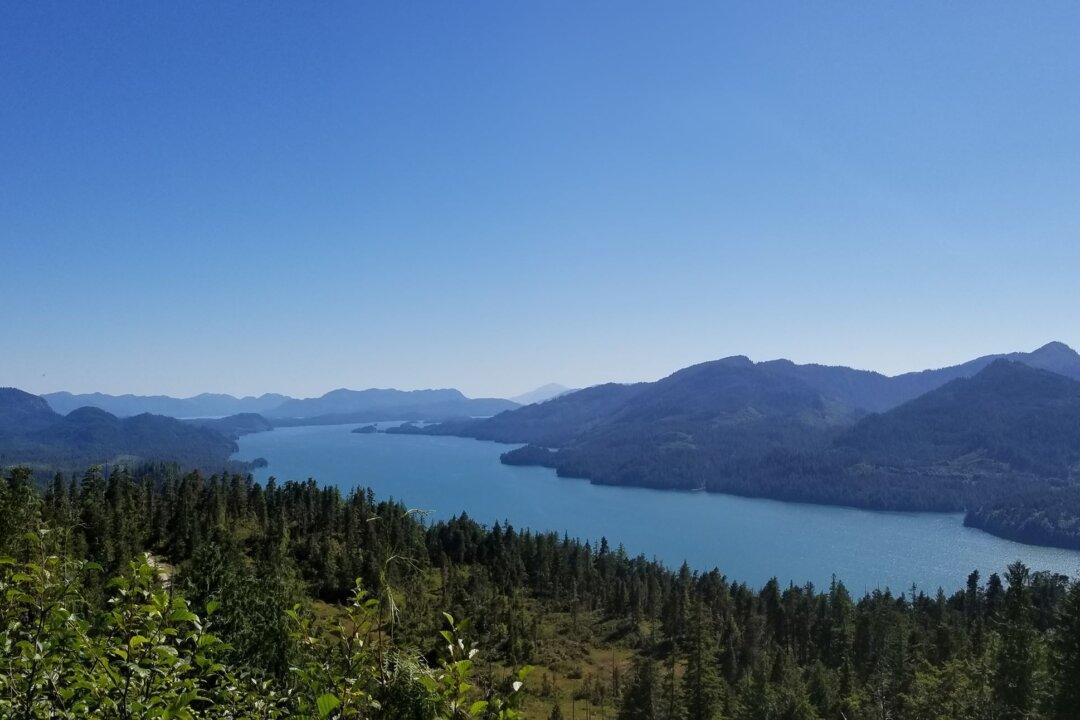For the second time this year, a federal judge in Alaska has blocked the Trump administration’s resource development plans in the far north, this time halting a move to make thousands of acres in America’s largest national forest available for logging.
U.S. District Judge Sharon L. Gleason of Anchorage issued an injunction Sept. 23 that temporarily stops the administration from allowing tree-harvesting on 42,500 acres of temperate rainforest in Alaska’s Tongass National Forest.





